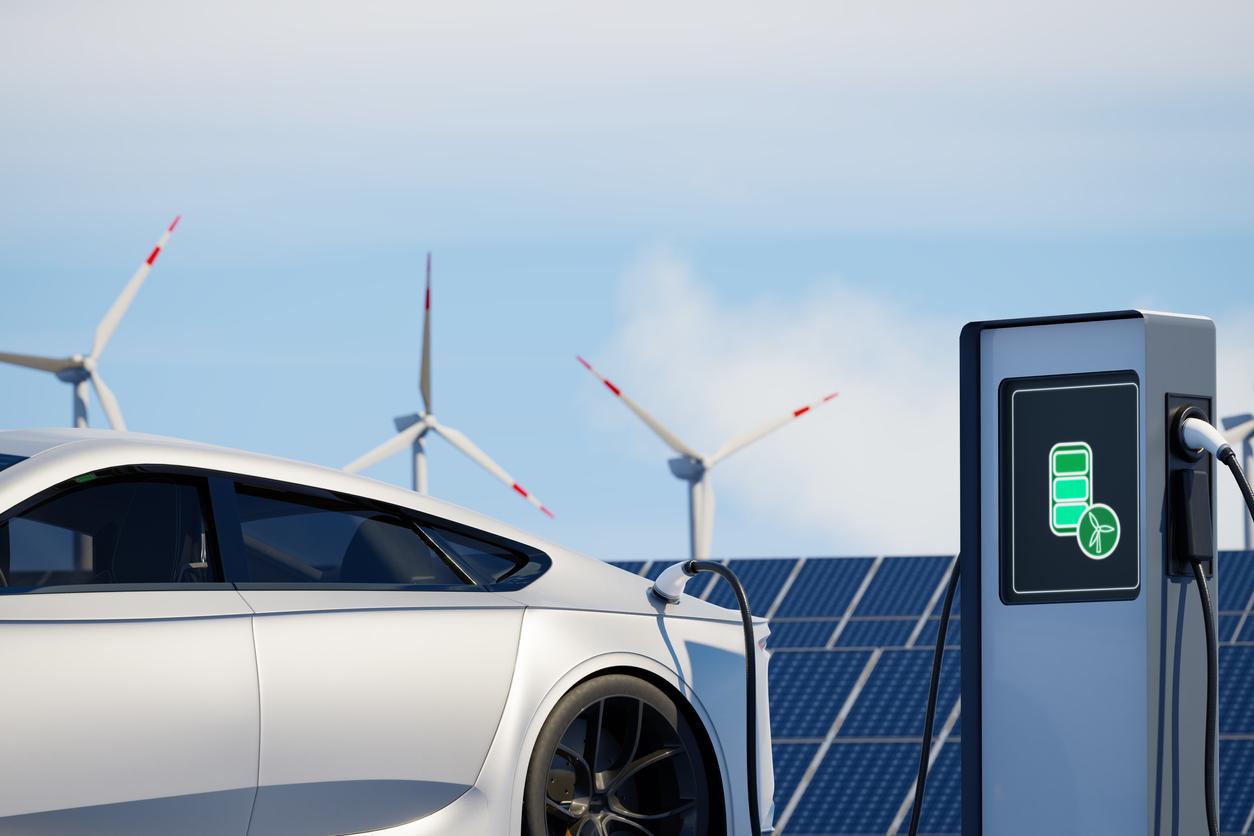Carmakers are working toward net zero, but eliminating carbon emissions altogether, the source of 15% of global greenhouse-gas emissions, will require buy-in from all parts of the automotive supply chain. That includes auto dealers, who are beginning to grapple with their role in the energy transition.
“There’s no doubt the OEMs (original equipment manufacturers) have sustainability on their minds,” said Ethan Goldberg, Vice President and Regional Market Leader at BMO Commercial Bank, Automotive Finance group, in a recent Sustainability Leaders podcast recording. “Dealers have to develop a sustainability strategy as well.”
Listen to our ~18 minute episode
Sustainability Leaders podcast is live on all major channels including Apple and Spotify.
BMO recently surveyed more than 130 dealer principals and C-suite leaders across Canada and the U.S. to better understand their readiness regarding carbon footprint reduction.
87% of respondents reported having at least some understanding of net-zero’s implications on the automotive industry. But there’s an opportunity to shift the just over half who are only “somewhat familiar” with the implications of carbon neutrality.
Although some auto dealers have taken steps toward net zero, others “had not put any thoughts into actions in their own business,” even when they were aware of sustainability issues, said Ghram Debes, Managing Director and Head, BMO Dealer Finance, U.S.
Automotive Electrification and Decarbonization
Among the survey’s findings, 39% of dealerships had plans in place to reduce their carbon footprint over the next 18 months. In some cases, that meant optimizing service bays to support electric vehicle repairs and/or installing charging stations. In others, it involved remodeling stores with renewable or energy-saving upgrades such as solar roof panels, LED lighting or high-efficiency heating and ventilation systems.
The dealers had some reservations, though. Decarbonizing their operations will require additional investment. Canadian dealers especially were concerned the move to EV sales would hamper profits due to fewer traditional vehicle servicing opportunities, noted Andre Salvi, Senior Vice President and Head of Automotive Finance at BMO. Respondents in both countries had questions around consumers’ ability to afford EVs.
“The OEMs are out in front. They are definitely trying to get as many electric vehicles on the streets as they can. Our dealers are the ones who are educating and marketing, though,” Debes said. “There is an absolute drive in the industry to change the way you sell vehicles to meet consumer demands and make the experience easier. The OEMs are leading the way in asking for sustainability to be built into the dealership model over time.”
Customers Leading the Charge
Having recently attended the EV & Charging Expo in Toronto, Goldberg pointed out that the early adopters among auto dealers’ customers that might pave the way for general consumers could be fleet operators and transportation logistics companies.
“There’s a lot of technology that’s coming now to the forefront and is going to provide that last-mile solution that’s going to result in a zero-emission vehicle being available to facilitate the delivery of goods and reduce the carbon footprint,” he said. Dealers not only sell cars to fleet operators but also handle the financing of fleets, which provides an opportunity to get a leg up on decarbonization. Goldberg also noted that green investments in their shops and real estate would pay dividends in energy cost savings and potentially carbon credits, too.
“Dealers are a pillar of the community, especially in smaller communities,” he said. “They should look to promote their environmental sustainability strategies to the broader community. It could attract a client base that is more sensitive to preserving our environment.”
Meeting Supply Chain Standards
And pressure may soon come from more than just auto manufacturers for dealers to reach net zero. Christine VanDerwill, Partnerships Manager for BMO Radicle, observed that more publicly traded Fortune 500 companies generally are signing on to the Carbon Disclosure Project and the Science Based Targets initiative. Low-carbon fuel programs enable a business to earn carbon credits as it electrifies its fleet and invests in EV charging infrastructure.
“There’s going to be more and more mandates trickling down through supply chains where businesses within these supply chains are going to have mandates to report on their emissions in accordance with international standards,” she said.
Panel moderator Katie Shuter, Senior Advisor with the BMO Climate Institute, pointed out that BMO Radicle’s advisory services are available to clients to help them meet their emissions reduction and sustainability goals. “BMO really has a Climate Ambition to be our clients’ lead partner in the transition to a net-zero world,” added VanDerwill.
